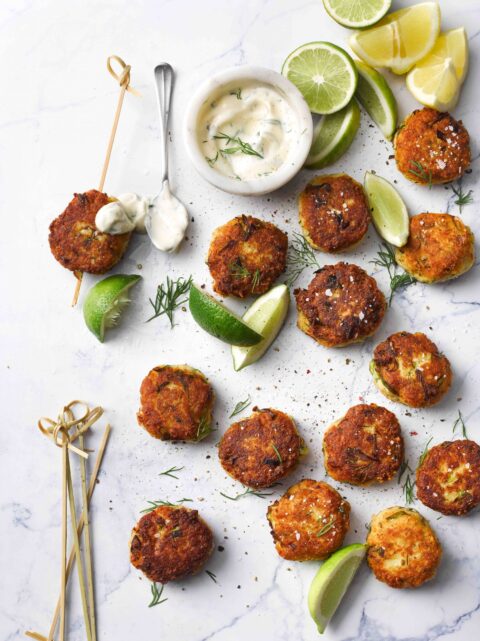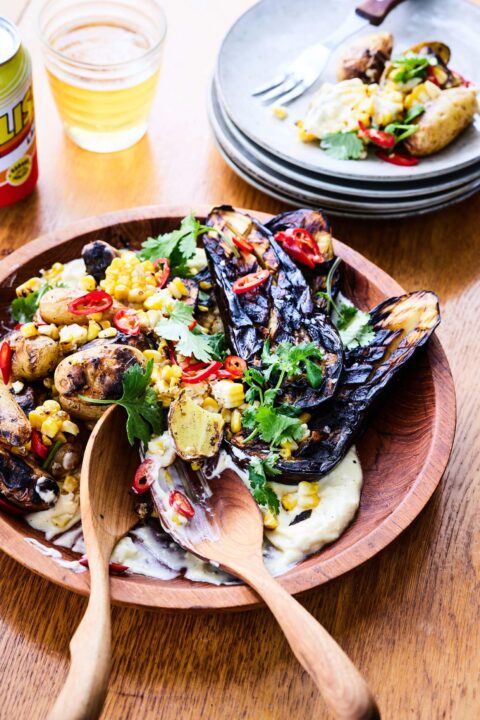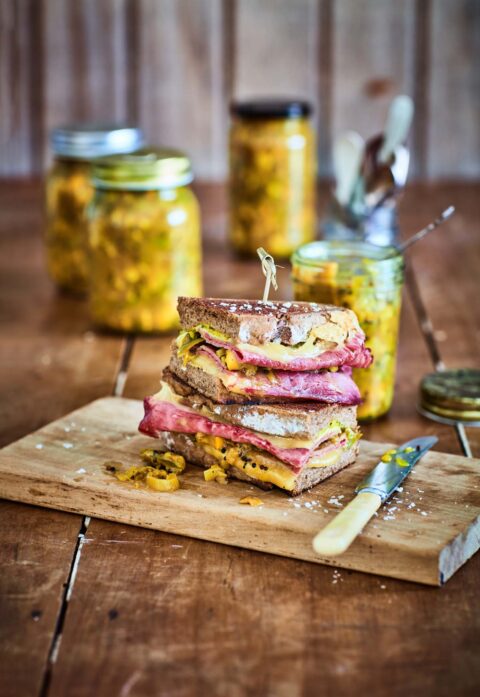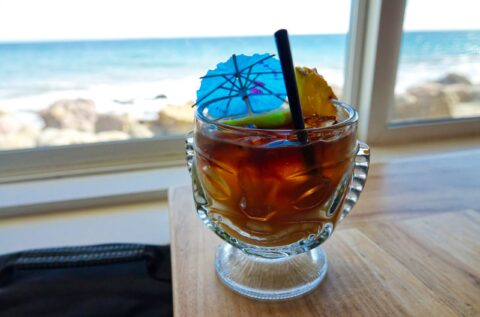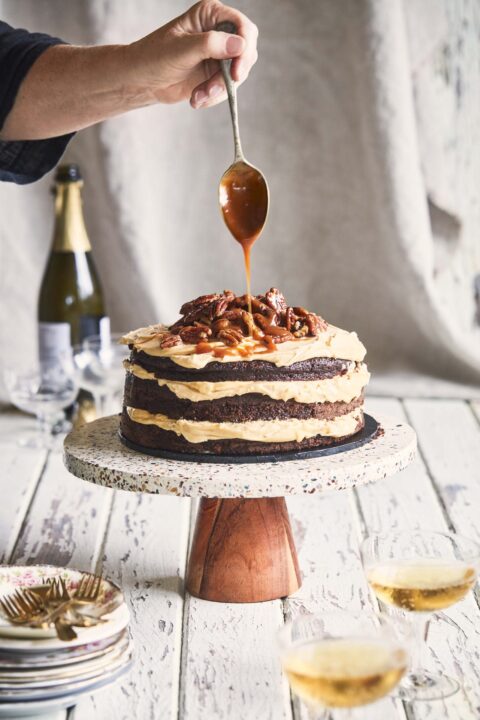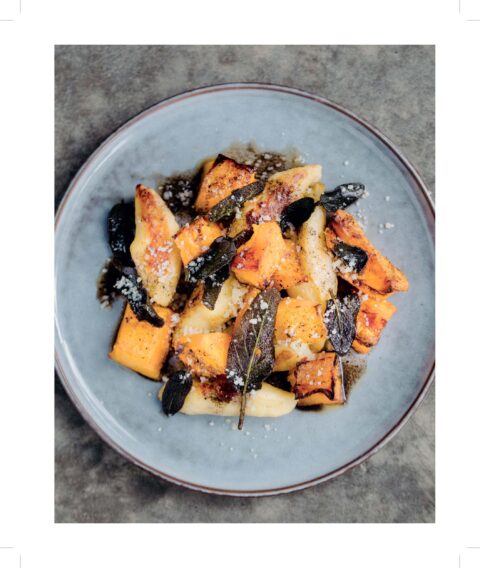Mary-Therese Blair celebrates Kiwi winemakers putting harmony and balance into their vineyards. With minimal or no preservatives here’s why organic wine can be a better choice.
No doubt about it, we live in a more conscious world with a heightened awareness of the impacts of our actions – on both the planet and ourselves.
As a result, the demand for organics has increased as we seek healthier, more sustainable options.
The same is true in the world of wine, where demand for organic options is increasing. The Organic Trade Association predicts that one billion bottles of organic wine will be consumed globally by 2023, a figure that will have more than doubled from 441 million in 2013. In the next decade, the area of organic vineyards worldwide is expected to triple.
Currently Spain, Italy and France represent 73 percent of the world’s organic vineyards but China will eventually take the top spot, once its significant vineyard area currently undergoing organic conversion is completed.
What does it really mean to be organic? Most of us know that “organic” means not using chemical-based or fossil fuel-based pesticides and herbicides, but that’s really just where the story begins. Being organic is as much about the actions you take as those that you don’t. Ensuring harmony and balance in the vineyard is key, and there’s one fundamental element that organic farming revolves around: earth.
Organic winemakers know that great wines are grown in the vineyard and everything starts with the soil. Healthy soils with biodiversity make for healthy, strong vines that bear excellent fruit. Organic vineyards will usually feature other types of life, such as buckwheat. Grown tall amid the rows, buckwheat not only assists as a natural pesticide, but also attracts beneficial insects and helps to control weeds.
Another life force commonly seen among organic vines are cattle. They also help with weed control and provide a regular supply of fresh manure, which helps to enrich the soil.
In New Zealand, we have 73 fully organic wineries and 111 organic grape growers, some of which own multiple organic vineyards. This equates to approximately 10 percent of our wineries. So why not more? Surely it’s the logical choice?
Look for the logos
Practically speaking, it’s not that easy to convert to organics. The process takes three years and during this time many wineries report a hit to their bottom line, because even though they’re farming organically, they can’t market or sell as organic until certification is complete. Initially, grape yields can be smaller, as although organic yields recover and can even surpass conventional ones over time, in the short term, the vines struggle to find balance without the crutch of artificial fertilisers, and need time to learn how to thrive again.
Disease pressure can pose another barrier to organic farming. The warm, humid maritime climate of a region such as Hawke’s Bay creates an environment where diseases that negatively impact the vines can thrive – as opposed to the cold winter but dry, hot summer conditions and continental climate of Central Otago, where frost in spring poses much more of a threat than disease. These climatic conditions speak to the fact that almost a quarter of all Central Otago wineries are currently either organic or under conversion to become organic – way above the national average.
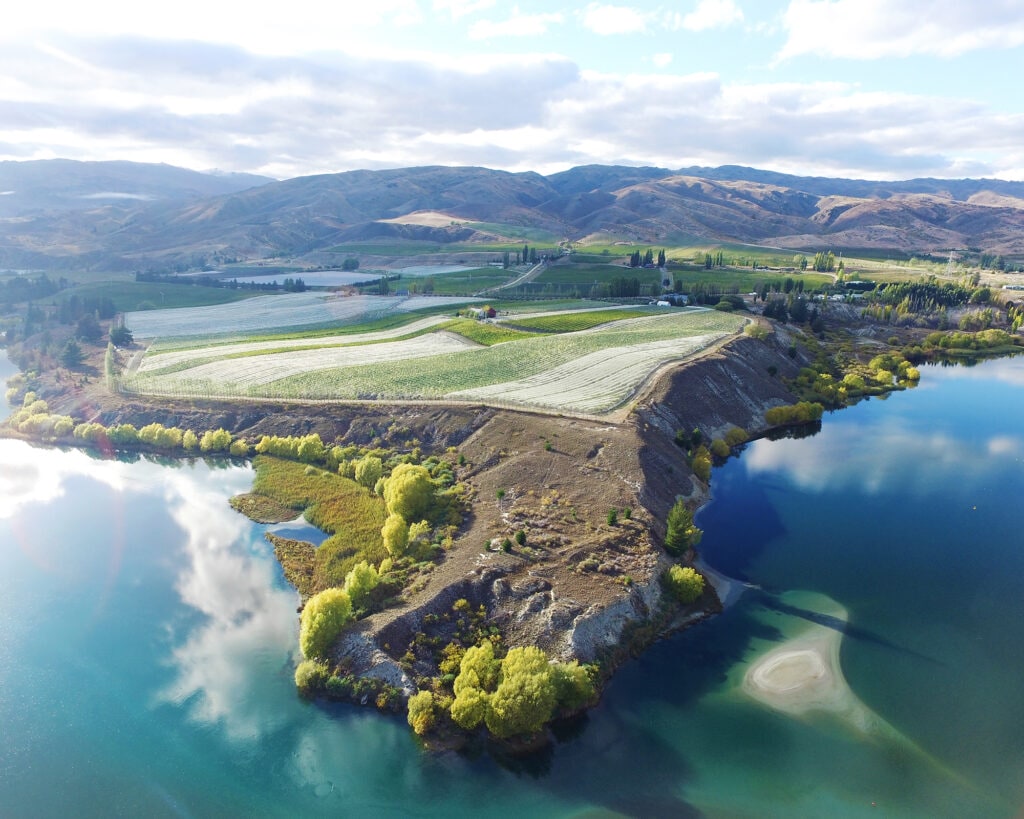
Once a winery has completed the conversion to organic, it’s permitted to display the logo of the certifying body as well as a certification number, which is unique to each winery. The certifying bodies operating in New Zealand are OrganicFarmNZ (OFNZ), AsureQuality, Demeter and BioGro. Always look for these certifications on your bottle of wine; if a winery has achieved their certification, it’ll display these credentials proudly. Without these certifications to back them up, the words “organic” or “natural” are misleading.
Although the path isn’t easy, many more wineries are seeking education about organics and there’s been a marked increase in the number of organic wines available from New Zealand’s largest wineries. In fact, our largest and most famous winery, Villa Maria, has set an impressive goal: for 100 percent of its vineyards to be certified organic by 2030. That’s no mean feat when you consider their size, but this commitment from the big guys is great news for organics and the consumer. It means greater accessibility to a wider range of organic wines at more affordable prices.
The better choice
Going organic is good for the planet, but wine is something we savour and enjoy, so the most important thing in the moment when the glass reaches your lips is how it tastes. There’s no question that growers of organic wines believe they taste superior, and organic wines are a true reflection of the environment in which the grapes have been grown, but what says the hard-to-impress wine industry? In 2016, that issue was resolved when the renowned Journal of Wine Economics published an expert analysis of wine ratings across the most prominent wine magazines.
The results showed that organic wines scored higher across the board than conventional wines. With an average difference of approximately four points, in the world of wine this is enough to be statistically significant and confirm that organic wine is indeed exceptional.
So it’s great for the environment and better tasting, but there’s one key question still left to be asked and it’s one I get time and again: Is organic wine actually healthy?
Well, apologies wine lovers, but wine is alcohol and, as such, it’s never going to be healthy. It’s a complete fallacy that organic wine won’t give you a hangover – it’s a diuretic, so drink enough of it and it’ll dehydrate you and give you a headache the morning after. If you’re intending to drink wine anyway, drinking organic is a better personal choice, because these wines tend to have minimal or no preservatives added to them.
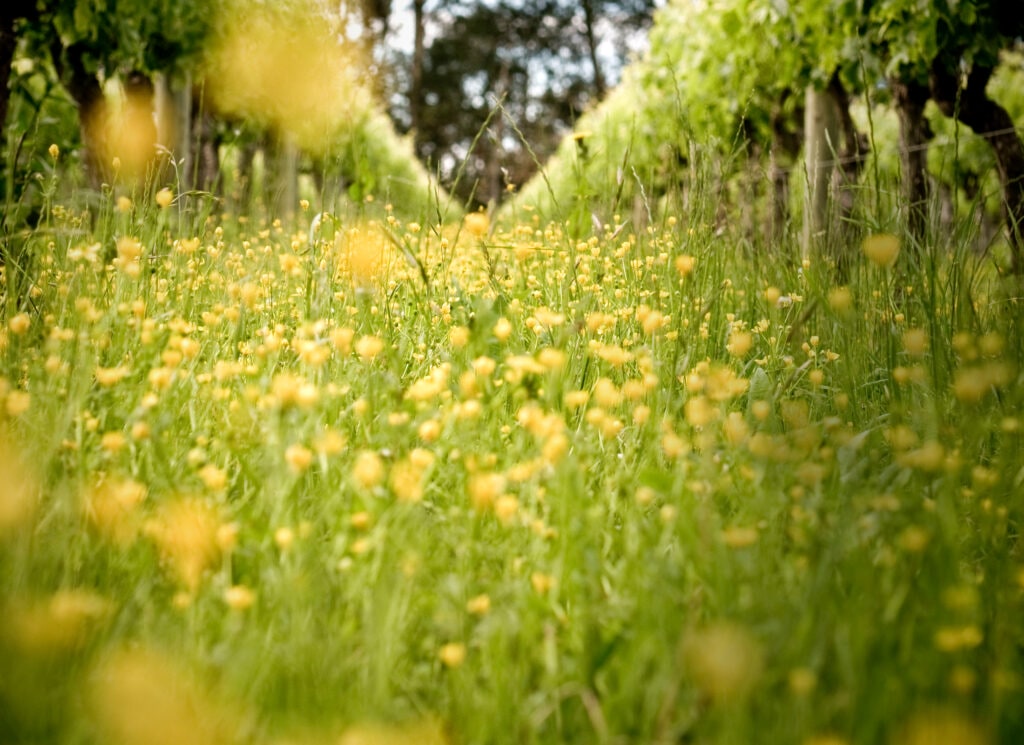
Here in Aotearoa, there are some wonderful organic choices that are widely available. Although I know we all love a deal when we buy our favourite bottle at the supermarket, it’s worth considering buying from the boutique wineries that were invested in organics long before it was on trend or in demand. These are the small, family-run wineries that have dedicated their lives to organic farming and winemaking because they believe it’s the right way to make wine – for the land, for their people and for future generations.
Mary-Therese Blair is a Wine & Spirits Education Trust-qualified wine writer with a passion for the topic of organics. When she doesn’t have her nose in a glass of wine, she enjoys cooking, gardening and chasing a more sustainable lifestyle.


